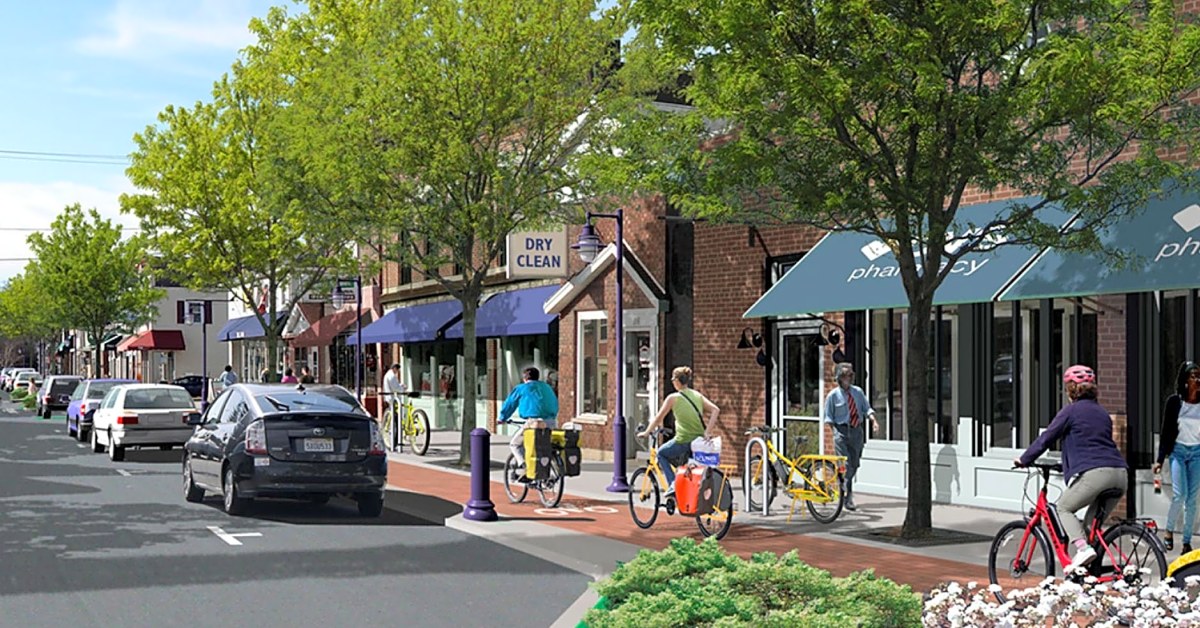Electric bikes are not subject to the registration, licensing or insurance requirements that apply to motor vehicles. Most are only a few miles per hour over the class limit, but others, like the Vintage Electric Roadster and the HPC Black Lightning, can go much faster than 28 miles per hour.
On Boise Foothills mountain biking trails, only people with mobility issues can ride electric bikes. You’re unlikely to get pulled over for going 22 mph in a bike lane or for riding an ebike in the wrong lane (especially if it looks like a regular bike).
Notwithstanding any other provision of law to the contrary, the Department of Conservation and Recreation will allow the operation of electric personal assistive mobility devices in any bike lane or path designated by the Department for such use. Advocates for cities to legalize and promote electric bicycles as great options for reducing congestion.
Laws vary by state and country, but electric bikes remain in a murkier legal gray area than most vehicles. Electric bikes offer greater range and ease of use, allowing users to commute without getting to work sweaty, carry heavier goods, use the bikes for more errands, and take longer trips. Suitable for a huge range of people you can see why they have grown in popularity. Well worth it when you consider they can last as long as a regular bike if looked after properly..
This allows people to make trips by bicycle that they would not otherwise be able to make, substituting electric bicycles for other modes, including cars. Most states allow a Class 3 ebike to be taken in on-road lanes or in a dedicated bike lane on the shoulder of the road (known as a “curb-to-curb”).
California, in addition to prohibiting the use of throttles on Class 3 electric bicycles, states that the electric motor on an electric bicycle must be less than 750 watts. E-bikes that do not meet this low-speed definition may be subject to other regulations at the federal, state and local levels, such as those governing mopeds, scooters or motorcycles.
Perhaps most significantly, e-bikes can offer people with physical limitations new leisure or transportation options. Not only is it heavier, which puts more pressure on the tires, but it has many more electrical parts and a motor that cannot be repaired as easily.
EVELO strongly recommends that you check with your city, county, state and other local agencies for the latest laws governing the proper and legal use of electric and DIY electric bicycles in your area.
